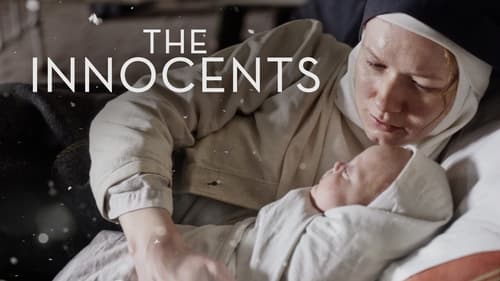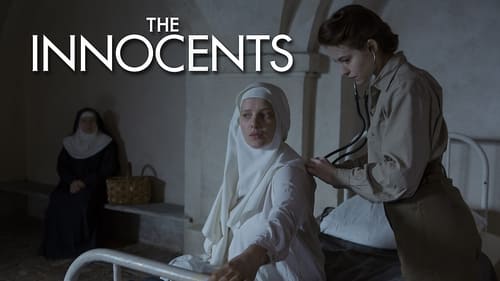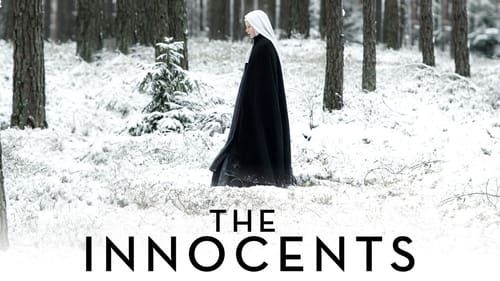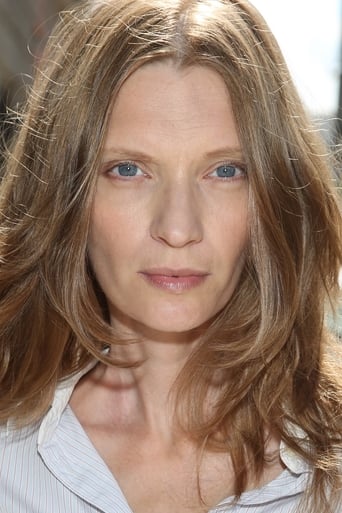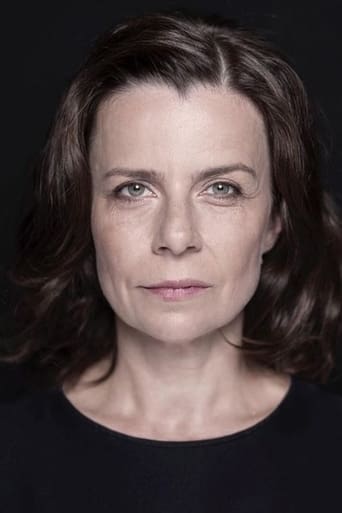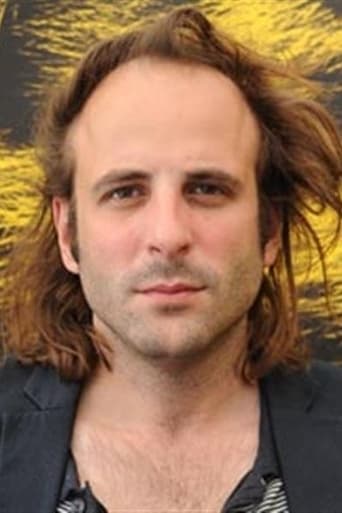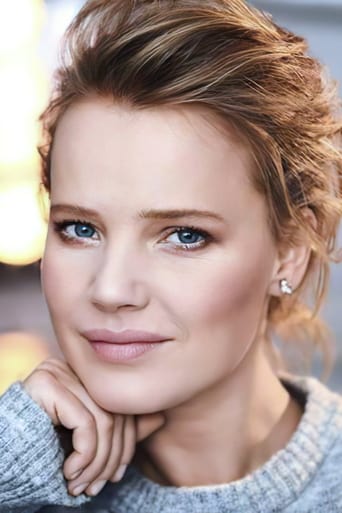GurlyIamBeach
Instant Favorite.
Onlinewsma
Absolutely Brilliant!
Dynamixor
The performances transcend the film's tropes, grounding it in characters that feel more complete than this subgenre often produces.
CrawlerChunky
In truth, there is barely enough story here to make a film.
blue-flower-177
An amazing performance, music and cinematography! The film is very deep, absolutely intense emotional experience.
Bill Phillips
One of the best movies of the year 2016, IMHO!!! Didn't get a lot of mention at Awards time, but certainly as important as a political comment on a true story as, say, Spotlight. The Russians have gotten an easy pass in the movie business, compared to the likes of Nazi Germany and Racist United States which have been turned every way but loose as far as getting raked over the coals by cinema.This quiet little story of Russian soldiers raping Polish nuns balances that trend in movies. Set after the war in 1945 as the Russians take over Poland, but the French Red Cross is still there, it's a reminder that there are always a few good people in the midst of the thugs. May the young French actress Lou de Laage have a long and happy career. She certainly has a good start here.Besides excellent acting and story telling, maybe it's the filming and mood created by this movie that makes it so good. You would think it painful to watch considering the subject, but it's not. Great shots of snowy, muddy roads and rambling old trucks offset by warm glow of music in a candle lit bar. Then the nuns, in a bleak cold stone refuge, yet in spite of their hardship, they are full of heart and life.
patil_umesh
This film is based on true events in Poland. After the end of World War II in 1945, many polish nuns in catholic convent became pregnant one after the other. This revealed that these women were physically abused and raped by Russian army. During that time a communist French nurse,Madeleine Pauliac working for Red Cross came to treat wounded Russian soldiers look after these women. The lady doctor performs a noble task beyond her duty to reduce labour pain, help during them child birth. She secretly visits convent to treat patient nuns, provide medicines,and save many babies. She took risk of her life and from being fired from her job for treating enemy. Nuns had chosen to remain celibate,but become victim of rape and lose virginity. Lead sister in convent tried to keep this secret to avoid their condemnation and dismissal from society. Few babies were sent to their relatives, few were sent to adaptation house. One baby was left abandoned over snow-capped hill to let somebody own it. This movie is excellent art. Visuals, colour schemes are stunning. Costumes of nuns, their paths of celibacy,devotion towards Jesus, sermons recited by them are spiritually blissful. Suffering and outcry of women during childbirth is heartbreaking. Women were looked only as an instrument of sexual gratification, while they were performing exhausting task in cooking, cleaning and other households. This film indirectly raises questions upon inhuman behavior by during war. This film reminded me an Oscar winning film, Ida, based upon nun who chose to devote herself to god.
maurice yacowar
Anne Fontaine's The Innocents packs such an emotional wallop that you don't realize how many philosophical concerns can be unpacked in it.Medical assistant Mathilde moves between two worlds that can be read as opposing arenas of human service. In the field hospital she helps Jewish doctor Samuel treat survivors in 1945 Poland. That grisly physical world contrasts to the spiritual arena of the convent, where she is increasingly involved in serving the nuns of a meditational order. Several nuns were impregnated in three days of rape by Russian soldiers. When the nuns refuse her treatment they serve their literal commitment to a chastity in the face of their rape and pregnancy. Only in stages do they admit Mathilde to help one pregnant outcast, then for the nuns. Finally they have to admit the male doctor too — and he a Jew at that. The nuns strive to sustain their religious commands in the face of the profanity they have suffered. Reality doesn't allow for such a delusion of perfection. To preserve the convent's secret and protect the nuns from their dubious shame the Mother Superior has been abandoning the babies — with the pretence of leaving them at the foot of a cross in a snowy field, "for Providence" to protect them.As the soldiers have given the Mother Superior syphilis, she is physically poisoned as well as in her callous treatment of the innocent babies. But she is not an evil character. She earns respect when she admits she accepted her own damnation in order to save the convent and the nuns in her charge. She as much as the sacrificed babies is the victim of a religiosity that would sacrifice innocent lives to preserve itself. In that light she evokes the Vatican's collaboration with the Nazis and the failure to defend the Jews. Mother Superior is directly responsible for the one nun's suicide, in despair at her loss of her baby and her superior's conduct. As the nuns always refer to their boss as Mother this title suggests alternative values in maternity. By marrying Jesus nuns avoid secular marriage and its offspring. It takes the Russian soldiers' rapes to confront the nuns with the challenging experience of childbearing and motherhood. Their experience and the Mother Superior's callous response to it make the Mother Superior a false mother, a Mother Inferior. She abuses and betrays both classes of "innocents," the virgin nuns and the newborn babies. Mathilde solves the convent's problem by rejecting the church's imposition of secrecy, the convent's concerted attempt to close itself off from the world — as the heavy gate scenes impose—in favour of letting in the world and addressing its human needs. Mathilde suggests the convent take in the gaggle of street orphans and care for them. Then they can raise their babies among them. They hide their secret in proper public works instead of in shame. Thus Mathilde serves both the spiritual and the secular orders by valuing human needs over old dictates. Mathilde is herself briefly attracted to the convent life when she retreats there from her own near-rape by Russian soldiers. Their refuge is understandably appealing. She is also drawn to the beauty and serenity of their singing and the peace of their daily lives. All they do is maintain themselves, pray and sing. That's the reward of their faith. After the rape attempt Mathilde finds in the convent a welcome security. She can feel like a child again, secure in her father's protective grasp — until the dangers of reality and adulthood intrude. The nuns have felt that unnaturally prolonged security too — until the Russians' orgy. Their babies can be a reminder of their shame or — as Mathilde delivers them — a realization of an emotional life and commitment from which nuns are normally excluded. Here that's the superior motherhood.Of course that reality will continue to intrude. The film stops in 1945. Ahead for the Poles lies the Russian occupation, the repression of religion, the political threat to the personal and to the national soul. Despite the heart-warming family photo at the end, the film eschews a sentimental conclusion. One nun flees both the convent and motherhood. The Mother Superior's response to the womens' suffering and the very question of their God's allowing their abuse have cost her her calling. She abandon both callings, mother and nun, to find a new life in the world.


